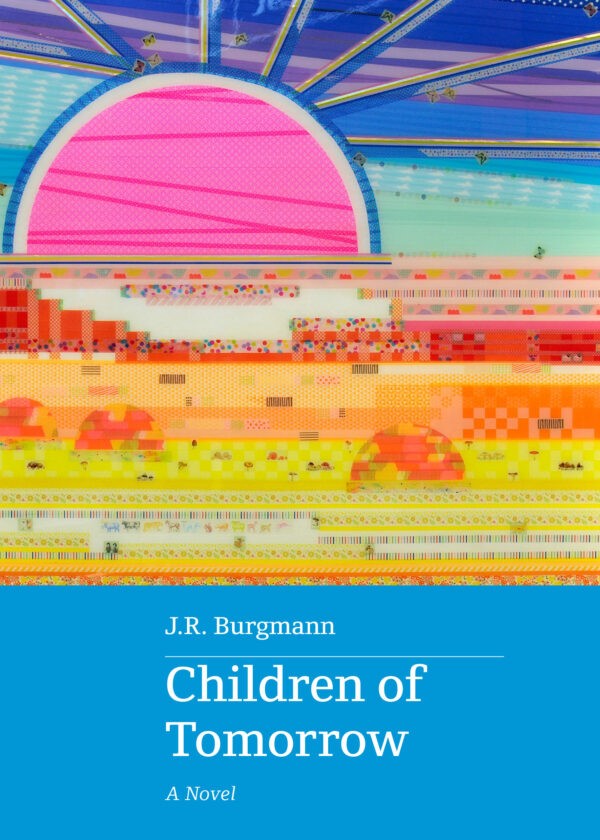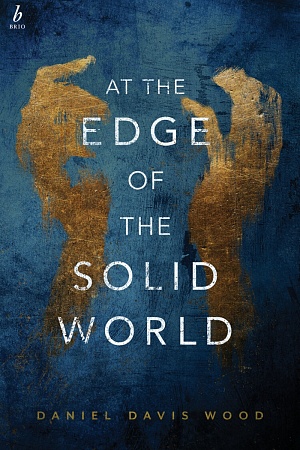Children of Tomorrow
Upswell, $29.99 pb, 256 pp
A few lost people
James Burgmann-Milner (writing under the suitably sci-fi alias J.R. Burgmann) knows his cli-fi, or climate fiction. A teaching associate at the Monash Climate Change Communication Research Hub, he received his PhD for research on the representation and communication of anthropogenic climate change in literature and other popular media. He is the co-author of Science Fiction and Climate Change: A sociological approach (2020) and has also contributed several insightful reviews of cli-fi works in ABR in recent years, including those of Ned Beauman, James Bradley, Kim Stanley Robinson, and Richard Powers.
Literary visions of climate collapse are represented in Burgmann’s début novel, Children of Tomorrow, as ‘old realisms no one heeded – Atwood, Bradley, Mitchell, Robinson’. Powers’ Pulitzer Prize–winning ecological novel The Overstory (2018) is quoted in Burgmann’s epigraph: ‘The world is failing precisely because no novel can make the contest for the world seem as compelling as the struggles between a few lost people.’
In response, Burgmann has set out to write precisely this – a story about a few lost people. They include tree researcher Arne Bakke, his brooding brother Freddie, itinerant diver Evie Weatherall, her Canadian cousin and entrepreneurial celebrity Wally, self-assured philosopher John, and spirited bioengineer and coder Kim. Their camaraderie reminded me of the documentary The Most Unknown (2018), where scientists of different disciplines visit one another across the globe in search of common purpose – except that here their brief includes survival.
In Children of Tomorrow, this group of friends – and their descendants – live through the accelerating devastation of anthropogenic climate change. Beginning at ‘Carbon dioxide parts per million: 402.5’ (aka the year 2016) with historic Tasmanian bushfires, this intergenerational narrative is divided into three sections – century’s beginning, middle, and end. As the decades roll on, these ‘lost people’ witness catastrophic climate events that render much of the planet uninhabitable and crumble the seemingly permanent structures of human society.
Continue reading for only $10 per month. Subscribe and gain full access to Australian Book Review. Already a subscriber? Sign in. If you need assistance, feel free to contact us.












Leave a comment
If you are an ABR subscriber, you will need to sign in to post a comment.
If you have forgotten your sign in details, or if you receive an error message when trying to submit your comment, please email your comment (and the name of the article to which it relates) to ABR Comments. We will review your comment and, subject to approval, we will post it under your name.
Please note that all comments must be approved by ABR and comply with our Terms & Conditions.